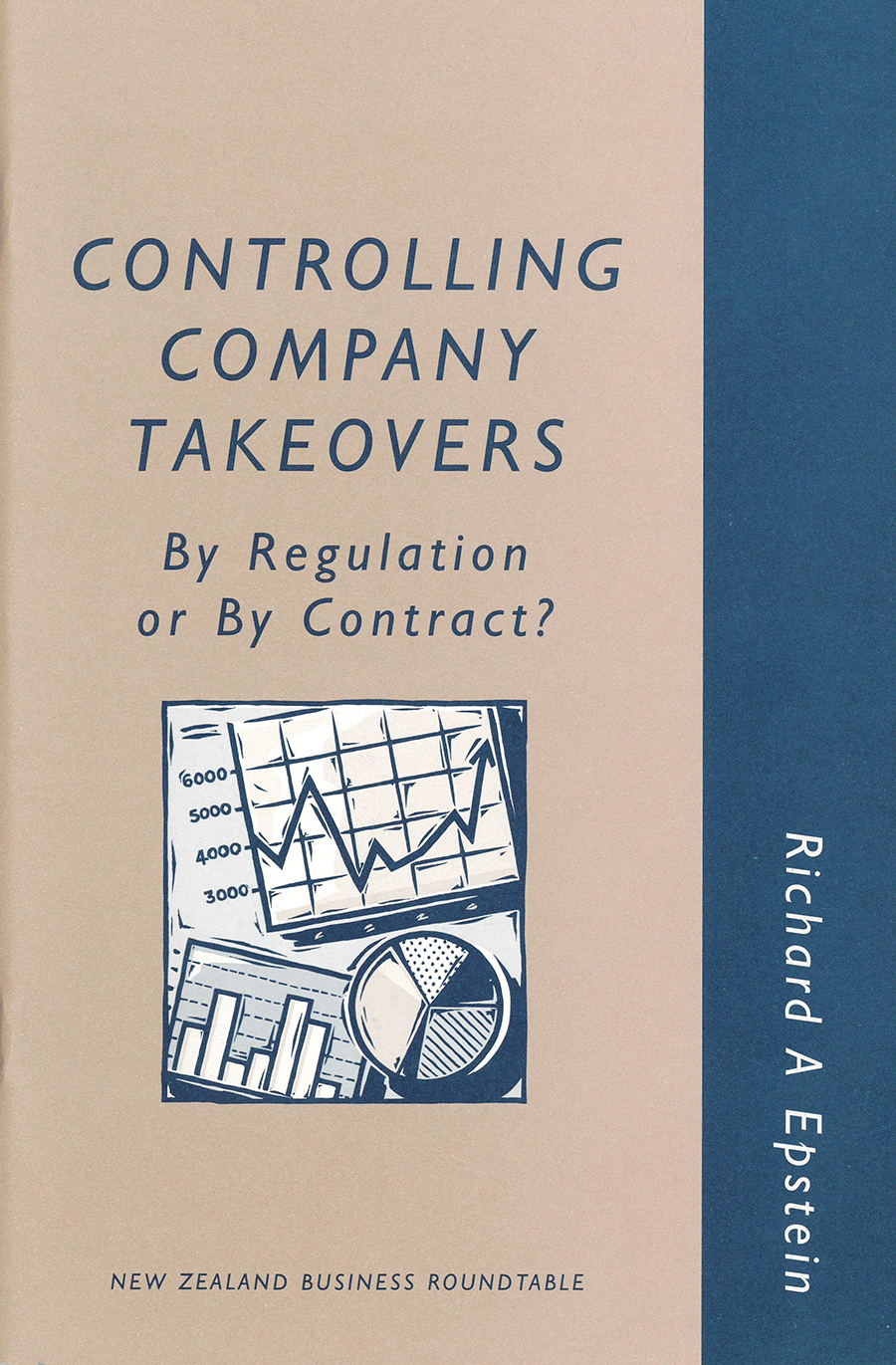The market is from both a practical and theoretical point of view central to an understanding of the topic of corporate, or as is said in New Zealand, company control. The history of the field has witnessed many twists and turns. The subject of company control first came to prominence in the United States in the early 1930s with the early studies by Adolph Berle and Gardner Means who identified the major conflicts of interest that arose from the separation of ownership and control in the modern corporation. It then fell 30 years later to Henry Manne to identify the market for corporate control as a means whereby disorganised shareholders could exert their influence over a company by selling shares to an outsider raider who could then obtain a control block of shares within the corporation. These raids were in fact organised on a large scale during the 1980s, and they in turn provoked a variety of defensive responses that depended on a combination of legislative antitakeover statutes and contractual devices. The rate of corporate takeovers has continued apace in the 1990s, where the trend has been more toward friendly agreements than hostile takeovers. But the sweep of recent history invites, and perhaps requires, a reexamination of the subject as a matter of first principle.
Controlling Company Takeovers: By Regulation or By Contract?
1 November, 1999



